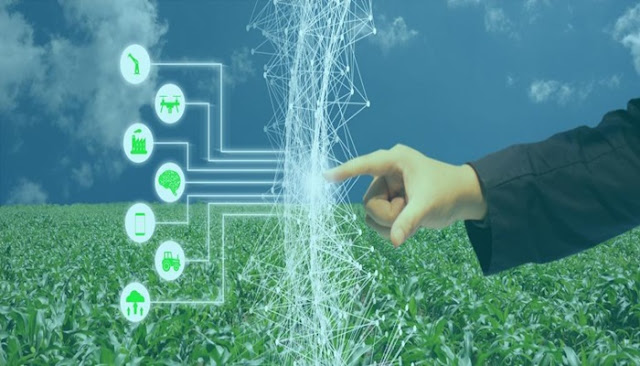Blockchain technology is set to revolutionize the agricultural industry, offering solutions to critical challenges related to transparency, sustainability, and efficiency in food production and distribution. This article explores the transformative impact of blockchain on sustainable agriculture and its potential implications for the future of environmentally friendly farming practices, supply chain traceability, and global food security.
Explore the features of mastering bti.live.
Challenges in Sustainable Agriculture
The agricultural sector faces numerous challenges related to sustainability:
1. Environmental Impact: Ensuring sustainable farming practices to reduce environmental degradation is a pressing concern.
2. Supply Chain Transparency: Tracking the journey of food products and verifying their sustainability claims can be complex.
3. Efficient Resource Use: Optimizing the use of resources such as water and energy is essential for sustainable agriculture.
4. Food Security: Meeting the global demand for food while ensuring its quality and safety is a significant challenge.
Blockchain's Role in Sustainable Agriculture Transformation
Blockchain technology addresses these challenges:
1. Environmental Impact: Blockchain enables the tracking of farming practices and their impact on the environment, promoting sustainable agriculture.
2. Supply Chain Transparency: Blockchain provides a transparent and immutable ledger of food supply chain data, ensuring the verifiability of sustainability claims.
3. Efficient Resource Use: Blockchain can optimize resource use through data-driven insights and automation.
4. Food Security: Blockchain enhances food traceability and quality control, contributing to global food security.
Use Cases for Blockchain in Sustainable Agriculture
Blockchain has various applications in sustainable agriculture:
Environmental Monitoring: Blockchain tracks farming practices and their environmental impact.
Supply Chain Traceability: Blockchain traces the journey of food products from farm to table, ensuring sustainability claims.
Resource Management: Blockchain optimizes resource use by providing data-driven insights.
Quality Control: Blockchain enhances food quality and safety through transparent records.
Global Food Security: Blockchain contributes to food security by improving traceability and quality control.
Challenges and Considerations
Despite its potential, blockchain in sustainable agriculture faces challenges:
1. Regulatory Frameworks: The agricultural sector requires clear regulatory guidance to navigate legal and compliance issues related to blockchain.
2. Adoption Barriers: Overcoming resistance to change and ensuring the adoption of blockchain technologies by farmers, regulators, and consumers can be challenging.
3. Data Privacy: Balancing transparency with data privacy concerns is essential, especially when handling sensitive agricultural data.
4. Standardization: Developing industry standards for blockchain-based sustainable agriculture systems is necessary for widespread adoption.
The Future of Sustainable Agriculture
The future of sustainable agriculture is likely to see widespread integration of blockchain technology:
1. Environmentally Friendly Farming: Blockchain will promote environmentally friendly farming practices and reduce the industry's ecological footprint.
2. Supply Chain Transparency: Consumers will have access to verifiable information about the sustainability of food products.
3. Resource Optimization: Blockchain will optimize the use of resources like water and energy, making agriculture more efficient and sustainable.
4. Enhanced Food Security: Blockchain will enhance food traceability, quality control, and overall food security.
In conclusion, blockchain is poised to transform sustainable agriculture by promoting environmentally friendly practices, supply chain transparency, resource optimization, and global food security. As farmers, regulators, consumers, and industry stakeholders embrace blockchain technologies and regulatory frameworks evolve, the future of environmentally sustainable food production and distribution will undergo significant changes.

No comments:
Post a Comment